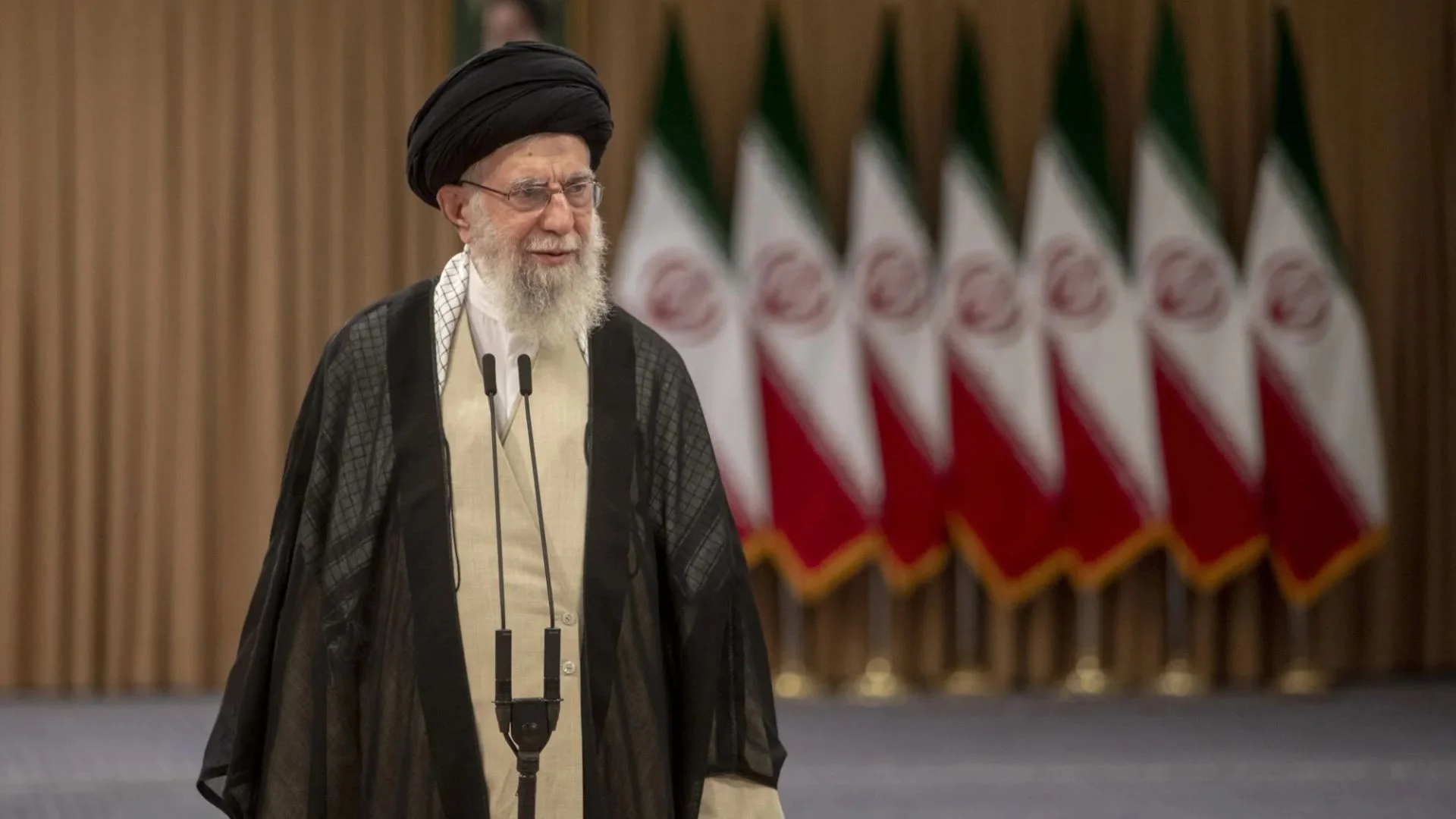Supreme Leader Ayatollah Ali Khamenei also took a diplomatic tone on Tuesday about revived nuclear negotiations between the United States and Iran, announcing he was “neither pessimistic nor excessively optimistic.” The remarks seemed to moderate increasing expectations among the people after encouraging events in recent meetings.
The two sides, who last weekend met in Oman, are set to meet again on April 19. Both characterized the first round of talks as fruitful, triggering a wave of optimism among ordinary Iranians who are optimistic about a relaxation of sanctions and economic relief. This optimism has been seen in the rial, which has gained about 20% against the dollar in recent days.
We should not bet the country’s destiny on these negotiations,” Khamenei said to Iranian lawmakers, according to state media. “It’s a process. The initial steps have been taken, and now the way has to be pursued with caution and clear limits.
Even as it has supported the negotiations, Tehran is cautious, particularly with the previous President Donald Trump’s pullout from the 2015 nuclear agreement and his frequent threats of military intervention. Iranian leaders continue to doubt the good faith of Washington’s intentions, especially with Trump’s return to power.
The nuclear file remains highly intertwined with Iran’s internal distress. Widespread inflation, creeping unemployment, and foreign investment aversion products of extreme US sanctions have created an easier prospect of negotiation with Washington in the eyes even of hard-liners.
Despite a charge that it is trying to acquire nuclear arms, even the United States and its allies see Tehran demanding its program serve merely peaceful civilian applications.
With the next round of talks approaching, Iranian leadership appears focused on managing both internal expectations and diplomatic caution. While a resolution may be on the horizon, Khamenei’s remarks suggest Iran will proceed with measured skepticism.









